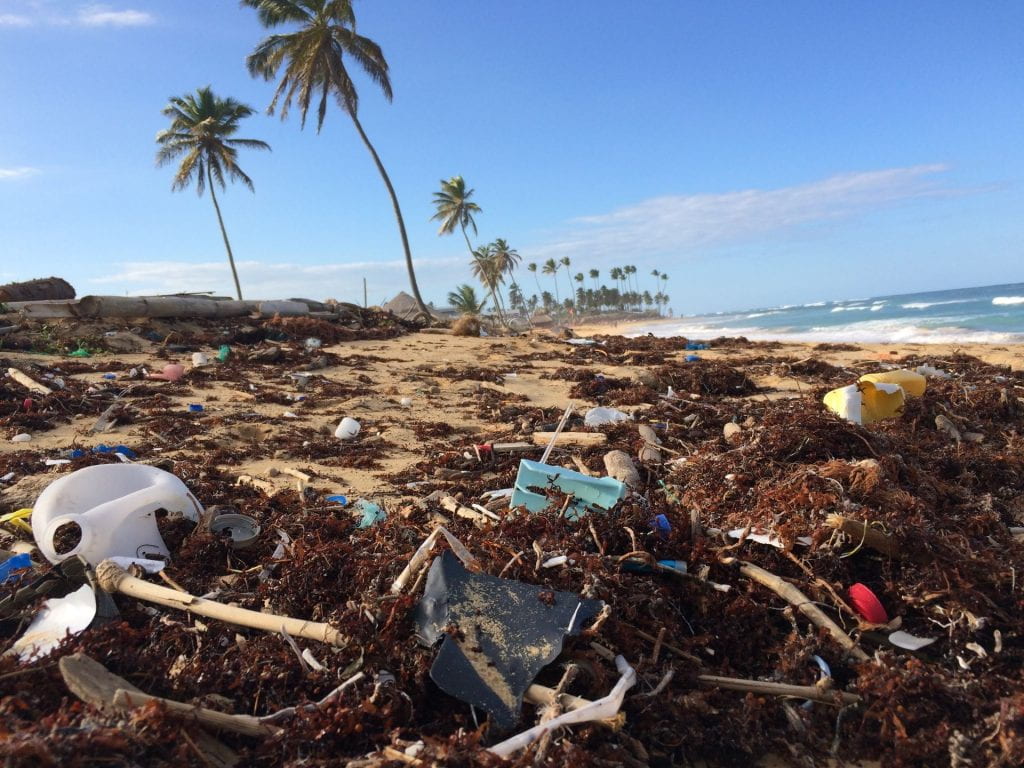
Greenwashing Garbage
By Eilish Roberts, 2019 Alumni
As someone who cares deeply for the environment, I’ve found great solace in the recent surge of biodegradable items available to me. I eat takeaway food with cutlery made from biodegradable plastic, pick up after my dog using biodegradable bags, and I go weak at the knees for some biodegradable glitter (two of my favourite things in one!). Sadly, I’ve recently discovered that this magical concept is a lot more smoke and mirrors than an actual solution to my eco-friendly needs.
What’s in a name?
When it comes to commercially biodegradable goods, things are not as simple as they appear. By definition, something biodegradable is able to be broken down by microorganisms or other living things into raw materials which can safely return into the environment. In reality, the word “biodegradable” is being slapped onto products that stretch this definition beyond sense. This is otherwise known as “greenwashing”. A recent study from the University of Plymouth found that bags claiming to be biodegradable were still intact and able to carry a load of shopping after three years of exposure to the natural environment.

Many biodegradable plastics may indeed break down over time but will never completely degrade unless under unrealistic conditions. They therefore remain in the environment as microplastics, which are so ubiquitous they have been found in the guts of animals as far as 10.9 km deep in the ocean.
In defence of products claiming to be “compostable”, these were found to have a better rate of decay. The issue is that many people assume that these “eco-friendly” items can be carelessly discarded and nature will simply take its toll. On the contrary, compostable materials can only decompose in presence of microbes, oxygen, moisture, and warmth, which is not the conditions in landfill, or even buried in soil. Many compostable plastics need temperatures of at least 60°C, requiring the use of an industrial composting plant.
The bottom line
It’s fantastic that single-use plastic bags are being phased out across Australia, but it’s no use if they are being replaced with equally ineffective alternatives. Greater knowledge needs to be spread about which materials claiming to be biodegradable are actually effective, and what steps need to be taken to ensure they decompose. In saying this, appropriate waste management systems must be put in place for actual biodegradable products to be successful. It’s no use offering free biodegradable dog poo bags at the park if the only available bin is for landfill. While the onus is on each of us to do our bit for the planet, governments ought to take more responsibility in following through with half-baked schemes in the name of “the environment”. In the meantime, if you use a product claiming to be biodegradable or compostable, consider whether it’s legitimate, and if so, try to dispose of it in a way that it can fulfil its dirty destiny. When all else fails, arm yourself with a reusable shopping bag, get a reusable water bottle, bring your own cutlery, and go waste-free wherever possible.
If you liked Eilish’s writing, you’ll love her science videos! Check her channel out on Instagram @Naturisms_
Categories